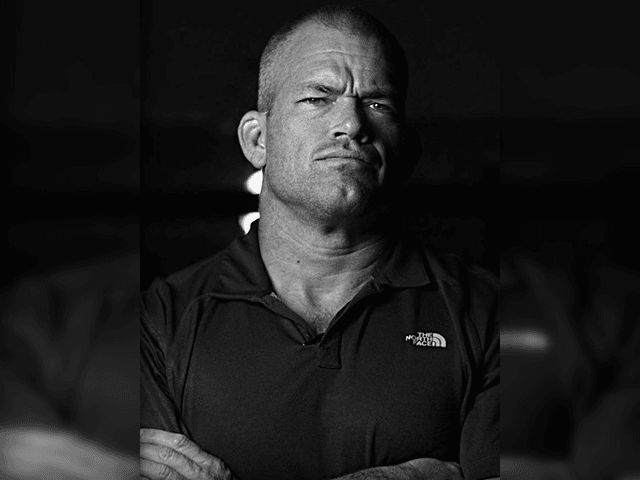“It starts with banning words,” said Jocko Willink, retired Navy SEAL and author, warning of totalitarianism in the context of growing digital censorship in episode 263 of his eponymous podcast.
Willink reflected on the lessons of George Orwell’s Nineteen Eighty-Four and Aleksandr Solzhenitsyn’s the Gulag Archipelago while examining how control over language lays the foundation of control over minds.
“It happens slowly,” Willink said of manipulation of language, “and you can see this, like in the Soviet Union. … Part of it starts with speech. It starts with banning words. It starts with changing the meaning of words, and that’s what happens in the book, Nineteen Eighty-Four.”
Manipulation, corruption, and narrowing of language drive commensurate damage to people’s capacities to comprehend the world, observed Willink. He noted the centrality of language to human cognition.
“We’re talking about removing the ability for human beings to express themselves properly,” Willink remarked. “We’re removing that ability, and when we remove words from the language, we’re removing the ability for humans to to express themselves, and therefore we are removing the ability to think, and that is a scary thing.”
WATCH (relevant portion begins at 24:20):
The fictional dystopian society depicted in Orwell’s Nineteen Eighty-Four depicted a progressively shrinking English language, with annual editions of the ruling totalitarian government’s official dictionary becoming smaller year over year. The progressive reduction of the English language crippled people’s abilities to comprehend and express the nuances and depths of reality.
Willink stated, “It’s amazing how close Orwell got it [in terms of] the language control of the government [in] a dystopian future.”
Children’s growing vocabularies are “a beautiful thing,” Jocko said. He added, “That’s the way it should be. We should be learning more words. Our vocabulary should be growing.”
Willink contemplated possible future censorship of his podcast across social media. He said he and his team developed “contingency plans” in the event of Big Tech deplatforming his content.
“We don’t really have control of everything here, and one of the things we don’t have control of is the platforms that we come out on, and obviously we rely heavily on the platforms, and the platforms have been good to us, for the most part, so far. All the platforms — wherever you’re listening to this right now — we’ve been treated well. It’s been good. But at the same time, any of those platforms that we publish this podcast on could, they could actually shut us down if they wanted to. They could pull the plug. They could hold us hostage, and I don’t like that, and we don’t like that,” Willink said.
“So we did some contingency planning, a little contingency planning. What’s the purpose of contingency planning? Hopefully, you don’t need to use a contingency plan. That’s the hope, is that you don’t need to use a contingency plan, but if we have to, we figured we’d better do some contingency planning just in case. So we’re putting together our own platform as a contingency, setting up our own network or I guess, reinforcing it, being prepared if we have to. I hope it doesn’t go that way, but we’ll be ready to. We’ll have a little sovereign land of our own.
Willink said his co-host Echo Charles had prepared “a place where we can muster” in the event of censorship of his podcast.
“[It will be] a place where we can talk, and we can argue, and we can theorize, a place where we can dissent, we can subvert, and we can rebel,” concluded Willink, “a place where we’re free, a place where we are free to do what we want to do in case we need to.”

COMMENTS
Please let us know if you're having issues with commenting.